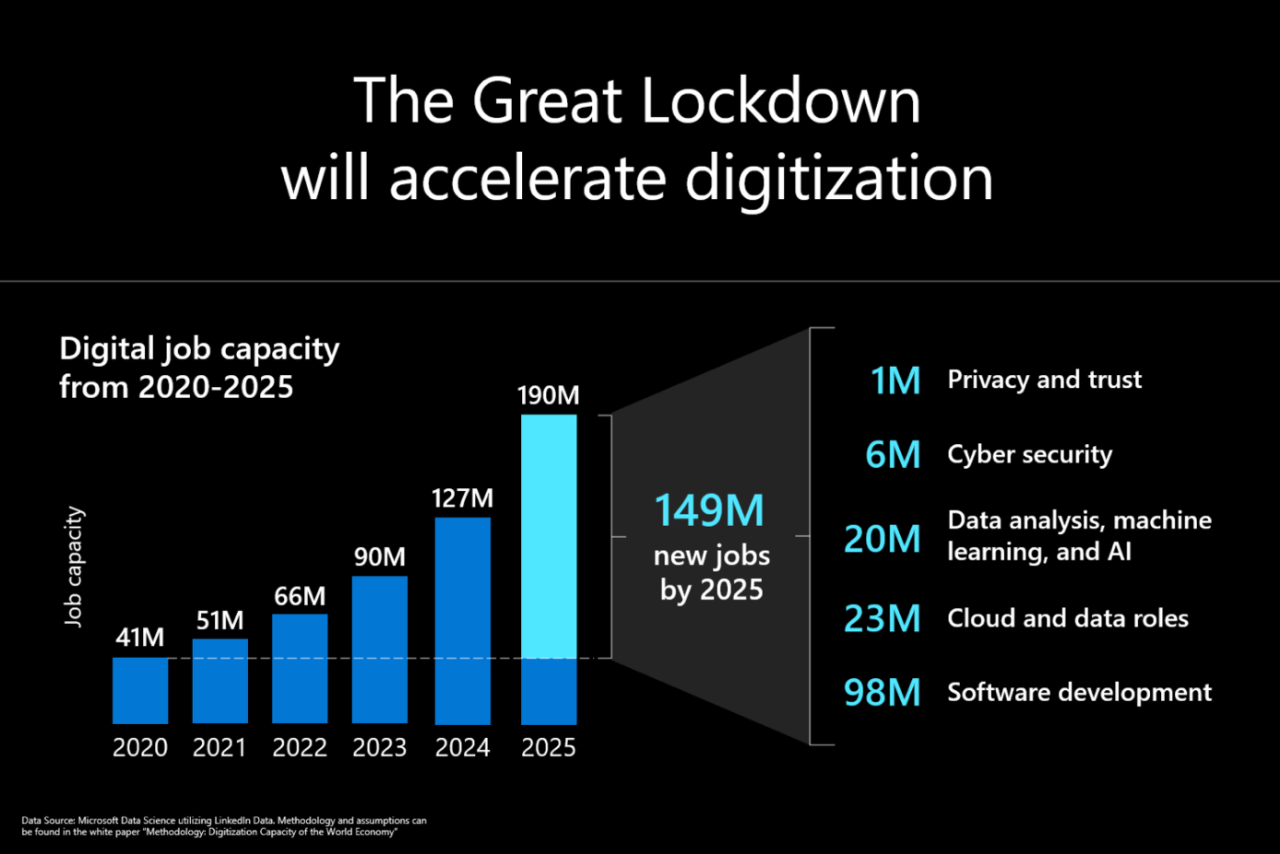With the Corona crisis, the year 2020 has accelerated digitalisation like hardly any year before. At the same time, unemployment has also reached an all-time high - and in this combination, //next columnist Markus Sekulla asks: What skills and abilities will we need in the future?

Back in 1990, my uncle said to my father: “The boy may do something with computers later on.” I then got a book on the BASIC programming language – anyone still remember that? – from him for Christmas. For me as a ten-year-old, it was uninteresting. Today, though, I have to say that the good man was really very far-sighted. Maybe I should have had more trust in him?
Now the idea of a career as a programmer has instead become more of a “something digital”. It’s a shame somehow – but even communication and services are finally being diligently digitalised. Playmobil was always more my thing than LEGO anyway. But the more you focus on the subject of “digital products and services”, the more you ask yourself who in 2020 maybe isn’t listening to their aunts and uncles. So let’s take a closer look from my vantage point today.
Many companies, particularly in the technology sector, have for some time now been looking for a kind of future formula for the world of work. As the latest example, Microsoft has launched a major initiative for free skills development for jobs of the future. But this is not going to be about that initiative – what interests me more is the timing: the current pandemic and the associated (i) high unemployment and (ii) focus on everyone who can working from home.
Which leads me to the question: What jobs do the big tech companies on the US west coast think will be useful for future skills development? According to Microsoft, by 2025 there will be 149 million new technology-oriented jobs worldwide, almost 100 million of which will be in the programming and software development sector. The world will also need 23 million workers in the cloud and data sector. Closely followed by data analysts and the artificial intelligence sector, with an additional 20 million jobs.

Even though our educational system is slowly becoming more digital, children and young people are not routinely taught these skills – not here in Germany at any rate. In India, many computer skills are already on the curriculum very early on. It’s good that more and more companies are now offering free upskilling. Apps (I like using Mimo) and YouTube are also excellent sources of information and learning.
Going back to my uncle again: I’m now almost 40 and also feel that I’m good at my job, so I’m probably not going to retrain and have a second career as a programmer. But if I was 22 again today, I’d work very intensively on coding. My choice would be to work freelance, but that’s something you have to like. The same as… #CodeIsPoetry. </body>
Text: Markus Sekulla
Most popular